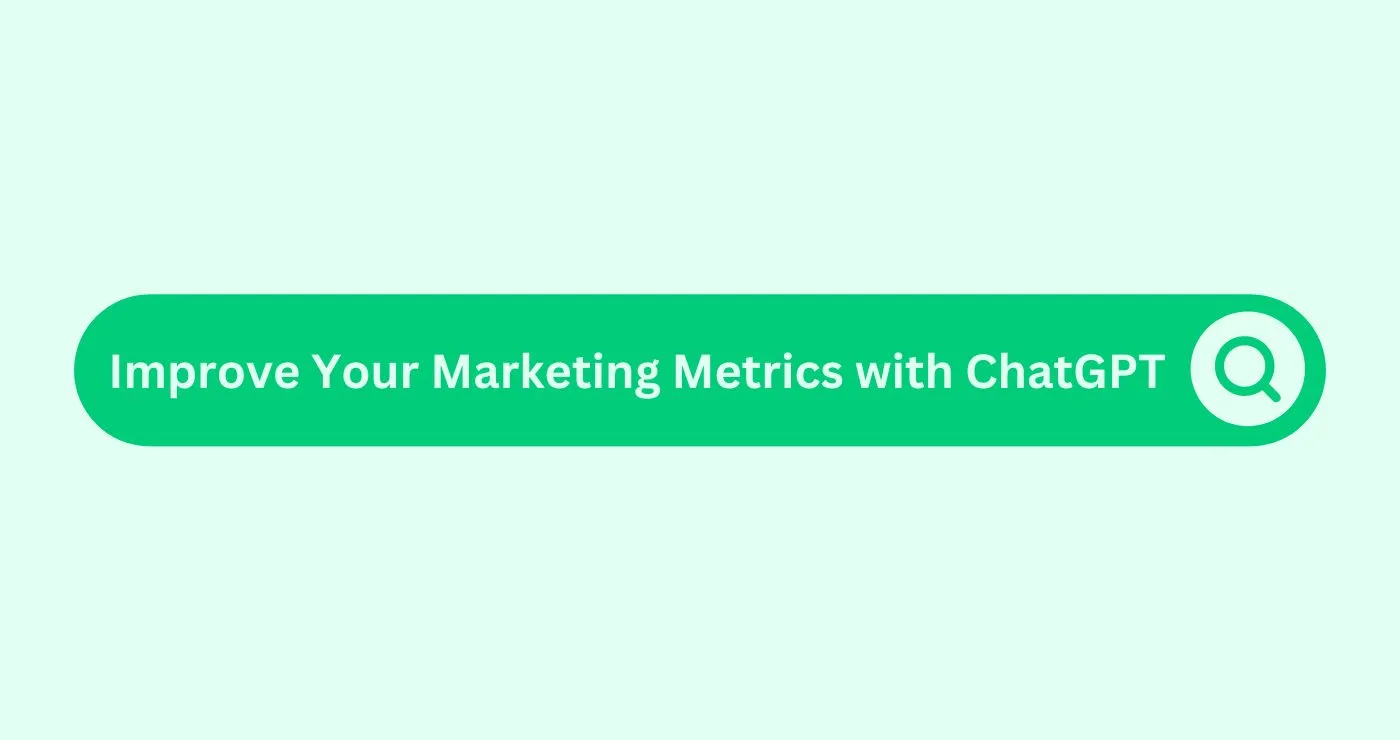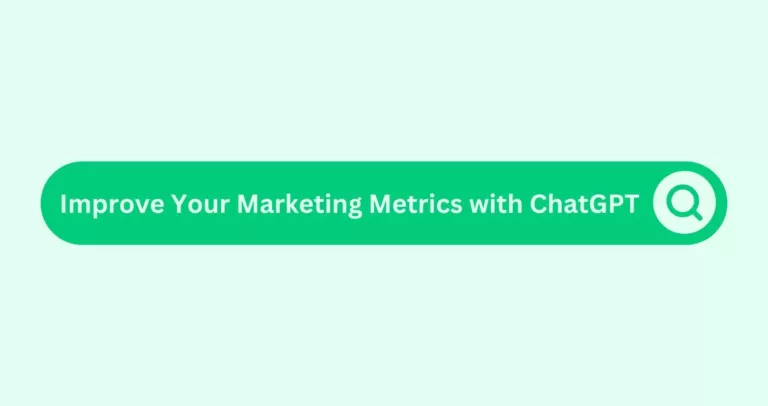Digital marketing is constantly evolving, and keeping up with the latest trends can feel overwhelming. But what if there was a tool that could help you create engaging content, personalise your marketing efforts, and even answer customer questions around the clock? That’s the magic of ChatGPT, an AI (artificial intelligence) tool that’s revolutionising the marketing landscape.
How does ChatGPT improve your marketing?
Here are just a few ways ChatGPT can become your go-to marketing assistant:
- Content Creation: Stuck staring at a blank page? ChatGPT can help you generate compelling blog posts, social media content, and even ad copy. No more writer’s block!
- Social Media: Scheduling posts, responding to comments, and managing multiple platforms can be a time-consuming hassle. ChatGPT can automate these tasks, allowing you to focus on developing a winning social media strategy.
- Personalised Marketing: Gone are the days of generic marketing messages. ChatGPT helps you create targeted campaigns and personalised recommendations that truly connect with each customer.
- 24/7 Customer Support: Imagine having a tireless assistant who can answer customer questions and solve problems anytime, day or night. ChatGPT-powered chatbots can provide instant support and improve customer satisfaction.
It’s Not All Sunshine and Rainbows (But Mostly Sunshine!)
While ChatGPT is a powerful tool, it’s important to be aware of a few things:
- Training for Accuracy: Like any AI, ChatGPT relies on the information it’s trained on. To ensure it creates accurate and relevant content, you’ll need to provide it with the right data.
- Privacy Matters: Protecting customer data is paramount. Make sure you understand how ChatGPT handles data and take steps to keep your customer information secure.
- The Human Touch Still Wins: AI can be a valuable asset, but it can’t replace human creativity and strategic thinking. Use ChatGPT as a tool to improve your marketing efforts, not replace your marketing expertise.
The Future of Marketing with ChatGPT is Promising
The world of AI-powered marketing is full of exciting possibilities:
- Next-Gen Marketing Solutions: Imagine tools that can craft custom campaigns based on customer data and even predict future needs.
- Understanding Your Customers Like Never Before: AI can analyse vast amounts of data to uncover insights about your audience’s preferences and what makes them tick. This allows you to create marketing campaigns that truly resonate.
- Building Customer Loyalty and Boosting Revenue: By providing personalised experiences that cater to each customer’s needs, you can build stronger relationships and ultimately increase your bottom line.
Ready to Take Your Marketing to the Next Level?
While ChatGPT can’t do everything on its own, it can be a powerful weapon in your marketing arsenal. Explore the different ways to integrate it into your workflow and watch your marketing efforts soar!
Not a fan of GPT? Work with Kickstart Digital.
FAQs on using ChatGPT for digital marketing
How does ChatGPT affect digital marketing?
ChatGPT makes marketing more efficient and effective by helping you create content, personalise your approach, and answer customer questions more efficiently.
Can ChatGPT replace marketing professionals?
No way! AI helps with specific tasks, but human expertise is still crucial for planning, implementing, and adapting marketing strategies.
How do chatbots powered by ChatGPT help with marketing?
These chatbots can answer routine questions, handle customer complaints, and recommend products, all of which contribute to a better customer experience and can lead to increased sales.
How do I use ChatGPT for marketing?
There are many tools and platforms that use ChatGPT technology. Explore them to discover how you can use ChatGPT to create content, personalise recommendations, and more!
What are the best ways to use ChatGPT in marketing?
Here are some of the top use cases:
1. Writing content for ads, social media posts, and blogs
2. Responding to customer inquiries through chatbots
3. Creating product descriptions and marketing materials
4. Personalising email campaigns and recommendations
5. Analysing ad performance and suggesting improvements











